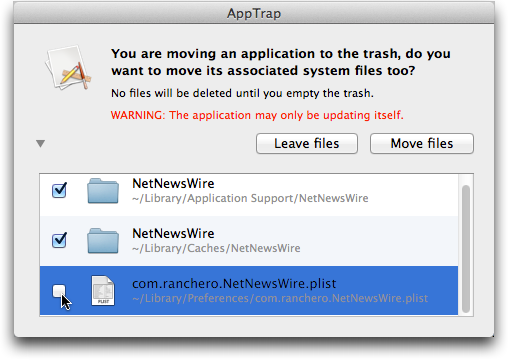

#APPTRAP REVIEW FOR ANDROID#
13 Surveys have shown that around 80% of physicians use an iPhone, while most of the remainder opt for Android smartphones. The June 2012 Manhattan Research/Physician Channel Adoption Study found that doctors’ ownership and use of mobile devices is pervasive, with 87% using a smartphone or tablet device in their workplace, compared to 99% who use a computer. 2 Smartphones and tablets have even replaced desktop systems as the preferred computing devices for HCPs who need fast access to information at the point of care. 4 This is evident in many surveys of HCPs that reveal a high ownership rate of these tools, which HCPs use in both clinical practice and education. Without a doubt, medicine is one of the disciplines that has been profoundly affected by the availability of mobile devices. 9 Tablets that run the Google Android operating system (Samsung Galaxy and others) were launched later that year, making the use of these mobile devices even more widespread. 5 The iPad ignited the tablet computer market. 12 In April 2010, Apple introduced a new innovation, the iPad tablet computer, which because of ease of use, portability, and a comparatively large screen was yet another transformative computing tool. 5 Because of the intuitive touch-screen user interfaces and advanced features and capabilities that the iPhone and Android smartphones offer, ownership of mobile devices has increased rapidly. 5 Subsequently, smartphones that run the Google Android operating system were introduced in October 2008. Perhaps most notably, in January 2007, Apple launched the first-generation iPhone. 5 After the Blackberry was brought to market, other handheld mobile devices were introduced. The first mobile device that incorporated both communication and computing features was the Blackberry, which was introduced in 2002.

12 With these features, as well as powerful processers and operating systems, large memories, and high-resolution screens, mobile devices have essentially become handheld computers. 7 In addition to voice and text, new mobile device models offer more advanced features, such as web searching, global positioning systems (GPS), high-quality cameras, and sound recorders. 7 Smartphones and tablets combine both computing and communication features in a single device that can be held in a hand or stored in a pocket, allowing easy access and use at the point of care. Health care professionals now use smartphone or tablet computers for functions they used to need a pager, cellphone, and PDA to accomplish. The introduction of mobile computing devices (personal digital assistants, followed by smartphones and tablet computers) has greatly impacted many fields, including medicine. 4, 8, 10, 11 These measures will raise the barrier for entry into the medical app market, increasing the quality and safety of the apps currently available for use by HCPs. 1, 4 Despite the benefits they offer, better standards and validation practices regarding mobile medical apps need to be established to ensure the proper use and integration of these increasingly sophisticated tools into medical practice. 2, 8 – 10 However, some HCPs remain reluctant to adopt their use. Mobile devices and apps provide many benefits for HCPs, perhaps most significantly increased access to point-of-care tools, which has been shown to support better clinical decision-making and improved patient outcomes. 1, 2 Numerous apps are now available to assist HCPs with many important tasks, such as: information and time management health record maintenance and access communications and consulting reference and information gathering patient management and monitoring clinical decision-making and medical education and training.
#APPTRAP REVIEW SOFTWARE#
1, 2 Mobile devices have become commonplace in health care settings, leading to rapid growth in the development of medical software applications (apps) for these platforms.

The use of mobile devices by health care professionals (HCPs) has transformed many aspects of clinical practice.


 0 kommentar(er)
0 kommentar(er)
